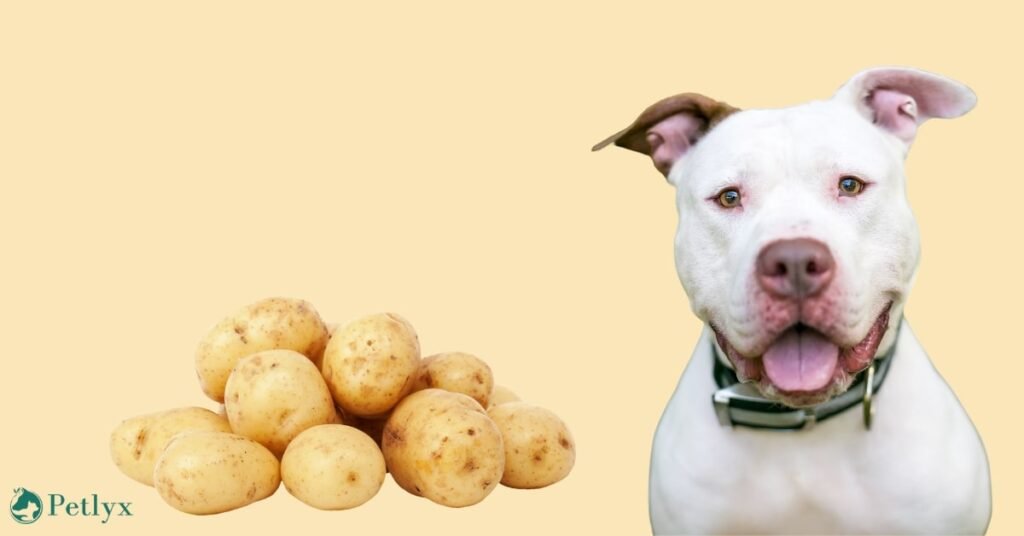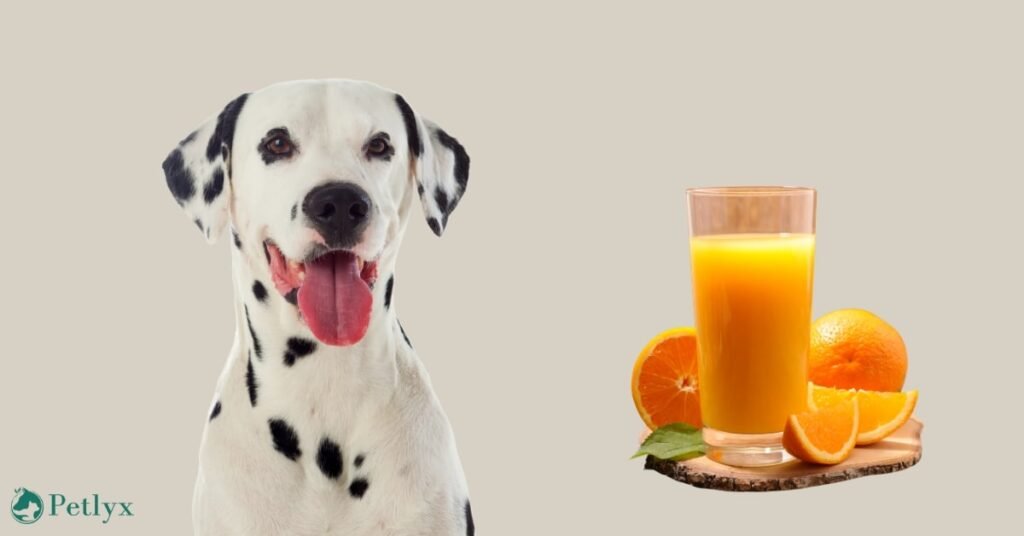When it comes to being sweet and sour in a juicy and tangy way, only one thing comes to mind: oranges. It is a whole package which takes you on a rollercoaster of flavours. But can our dogs tag along with us on this ride? Well, the answer is yes! Orange is not toxic to dogs, which means they can eat it. However, there is more than meets the eye, and you must have full knowledge to ensure the safety of your dogs, so stick around and find out. Here is what you need to know about oranges and dogs.
Are Oranges Good For Dogs
Oranges are a healthy and nutritious snack. They can be a fun and exciting treat for your dogs just as much as they are for you. The flesh of oranges is completely non-toxic for dogs. It is not only tantalizing but also full of essential vitamins and some nutrients that might be good for your dog if given in moderation. So “Can dogs eat oranges”, Yes! They can but in moderation.
Some of the key nutrients in oranges are as follows:
- Vitamin C: Boosts immunity and is useful in reducing inflammation.
- Fiber: Helps with digestion and ensures your doggo has a healthy gut.
- Potassium: It is important for the proper functioning of the heart and muscles.
- Folate Supports: Supports the multiplication and maturation of cells.
- Antioxidants: Combat oxidative stress and support general well-being.
Dogs often go scavenging when they are hungry or bored so these occasional treats can help in more than one way. A couple of oranges slices or any other treat will likely keep your dog away from eating its poop and be happy. However, like most fruits, oranges should only be fed as an occasional treat and in moderation. Oranges contain sugar, which can cause diabetes and digestive issues. Excess oranges can upset your dog’s tummy, and it is always best to consult with your vet before making any significant changes or additions to their diet. You should also remove the orange seeds.
Can Dogs Eat Orange Peels?
No dogs can not eat orange peels. They contain some harmful chemicals that can be dangerous for your dogs. Orange peels, in general, are hard to digest and can also cause gastrointestinal blockage.
Can Dogs Eat Orange Seeds?
Orange seeds contain small traces of a chemical known as cyanide. When consumed in higher quantities, cyanide can lead to cyanide poisoning, which can be very dangerous for your dog and can even lead to its demise, so you must be careful not to feed it any seeds and remove them beforehand. If your dogs swallow a few seeds, it is generally safe as they contain very little cyanide, far from the harmful limit. However, you should still keep an eye out in such cases and look for any symptoms such as dizziness or vomiting. If you see any such signs, then take your dog to a vet immediately.
How Much of an Orange Can Dogs Eat?
Oranges should always be fed as an occasional treat to dogs. It contains sugar and can lead to diabetes and other health complications. You should always consult your vet, but to get a rough idea, here is what the majority of experts agree on regarding the daily orange limit for dogs:
- For small dogs: 1–2 orange slices (about 10–20 grams)
- For medium dogs: 2–3 orange slices (about 20–30 grams)
- For large dogs: 3–4 orange slices (about 30–50 grams)
As long as you keep your dog’s orange intake within these limits, it should be safe.
Here is a chart of the nutritional value of 30 grams of orange for dogs based on their recommended daily requirement:
| Nutrient | Amount in 30g Orange | Percentage of Daily Requirement (Approx.) |
| Calories | 14 kcal | A small part of their daily calorie intake. Dogs’ daily recommended calorie intake ranges from 200–400 calories for small dogs, 500–800 calories for medium dogs, 1,000–1,500 calories for large dogs, and 1,800–2,200 calories for extra-large dogs. |
| Vitamin C | 15 mg | Supports immune system (dogs produce their own vitamin C, so this is mostly supplemental). |
| Fiber | 0.7 g | Aids digestion (approximately 3-4% of daily fiber requirement). |
| Potassium | 45 mg | Supports heart and muscle function (~1-2% of daily requirement). |
| Folate | 6 µg | Aids cell growth and development (~2-3% of daily requirement). |
| Sugar | 3 g | Should be monitored to avoid excess. Otherwise can risk diabetes. |
How To Safely Feed Oranges To Dogs
To safely feed oranges to your dogs, you must peel off the skin, remove the seeds, and remove the white film. Cut the orange into smaller pieces and feed them to your dog based on the daily recommended amount.
Stay alert for any allergic reactions. Citrus can also cause allergic reactions in some dogs, but they are rare. Excessive feeding can lead to obesity and diabetes, so limit your dog’s intake as recommended by your vet. In case you catch the symptoms of an allergy or an upset stomach, stop feeding oranges to your dog and take it to a vet immediately.
Can Dogs Drink Orange Juice?
No, it is not safe to feed orange juice to a dog because it contains a concentrated amount of citric acid and sugar, which are very harmful to dogs and must be avoided.
Are Canned Oranges Safe For Dogs?
Canned oranges often contain added sugar, high-calorie syrups and preservatives, which are detrimental to your dog’s health. Mostly, vets do not recommend canned fruits for the same reason.
Can Dogs Eat Tangerines And Other Types Of Oranges?
Dogs can eat all types of oranges, including tangerines and mandarin oranges. The same rules apply to them, such as avoiding excessive feeding, removing seeds and white film, and avoiding canned versions. So, if you wonder, “Can dogs have mandarin oranges?” don’t worry. They can perfectly eat the flesh of all oranges, but in moderation, whether they be Clementines, Mandarin, Seville, or Tangerines.
Can Dogs Be Allergic To Oranges?
In rare cases, some dogs can be allergic to the citric acid found in oranges, as mentioned before. If you catch symptoms of an allergic reaction, such as inflamed skin or hair loss, contact your vet immediately and stop feeding oranges to your dog. If your dog is allergic to oranges, you can try many alternative fruits like apples, mangoes, pears and so on.
Conclusion
While oranges are not toxic for dogs, you must still be careful and follow the guidelines provided by the experts when feeding oranges to your dogs. Can dogs eat oranges? This is an interesting topic as it allows us to see how something beneficial can also be harmful if fed excessively. As they say, moderation is the key. So keep it moderate and keep it safe!






